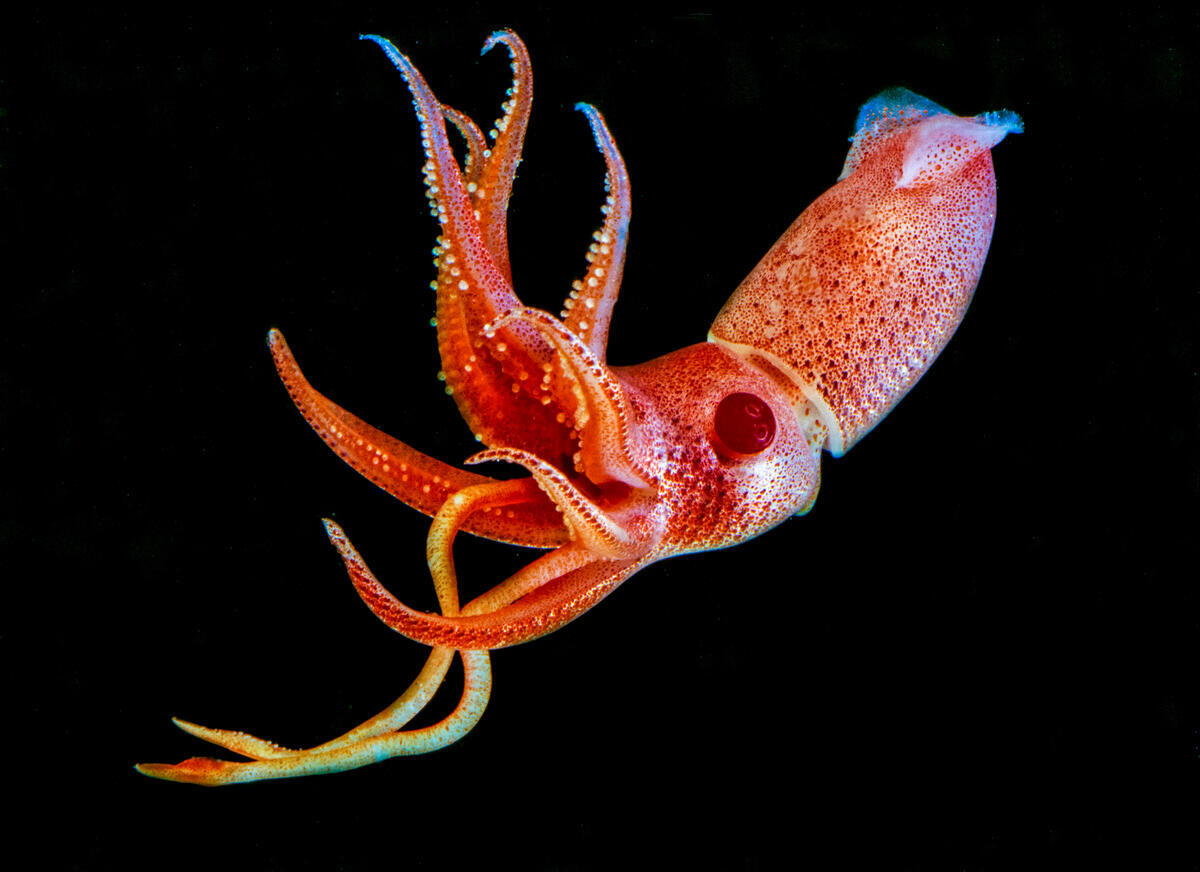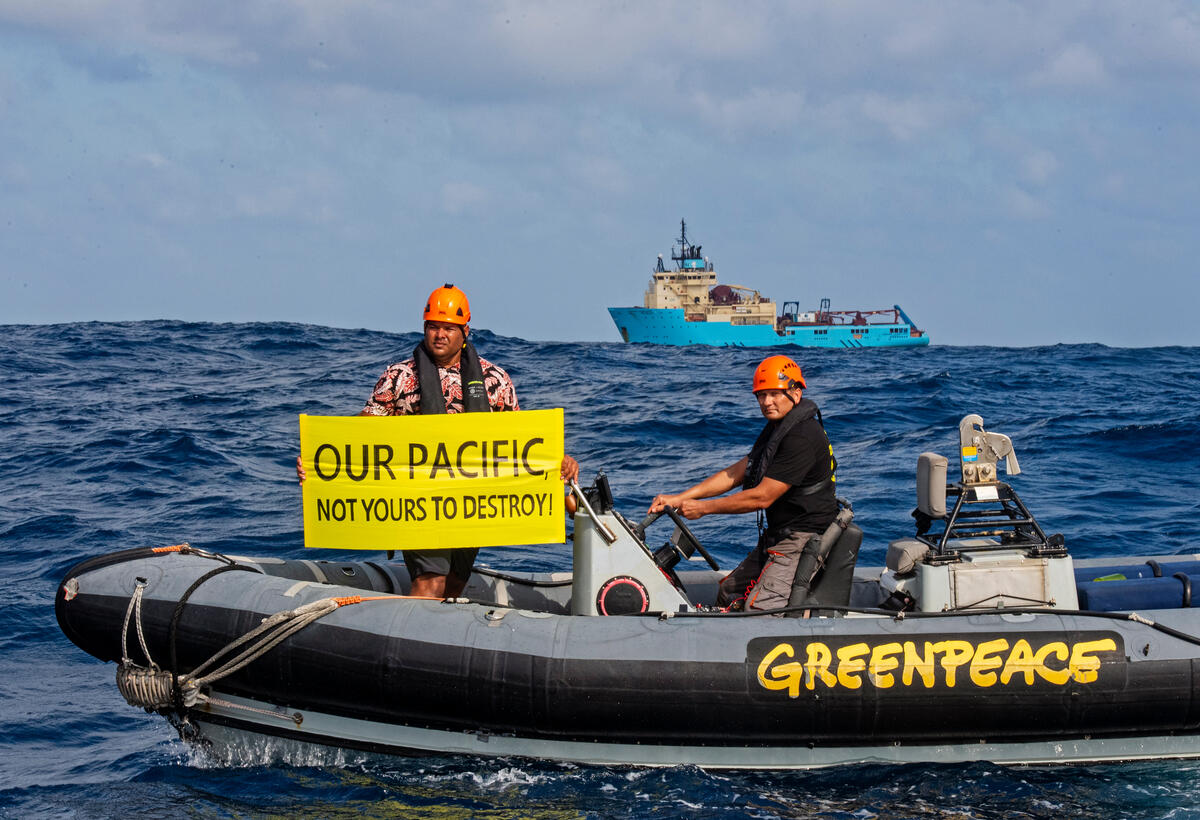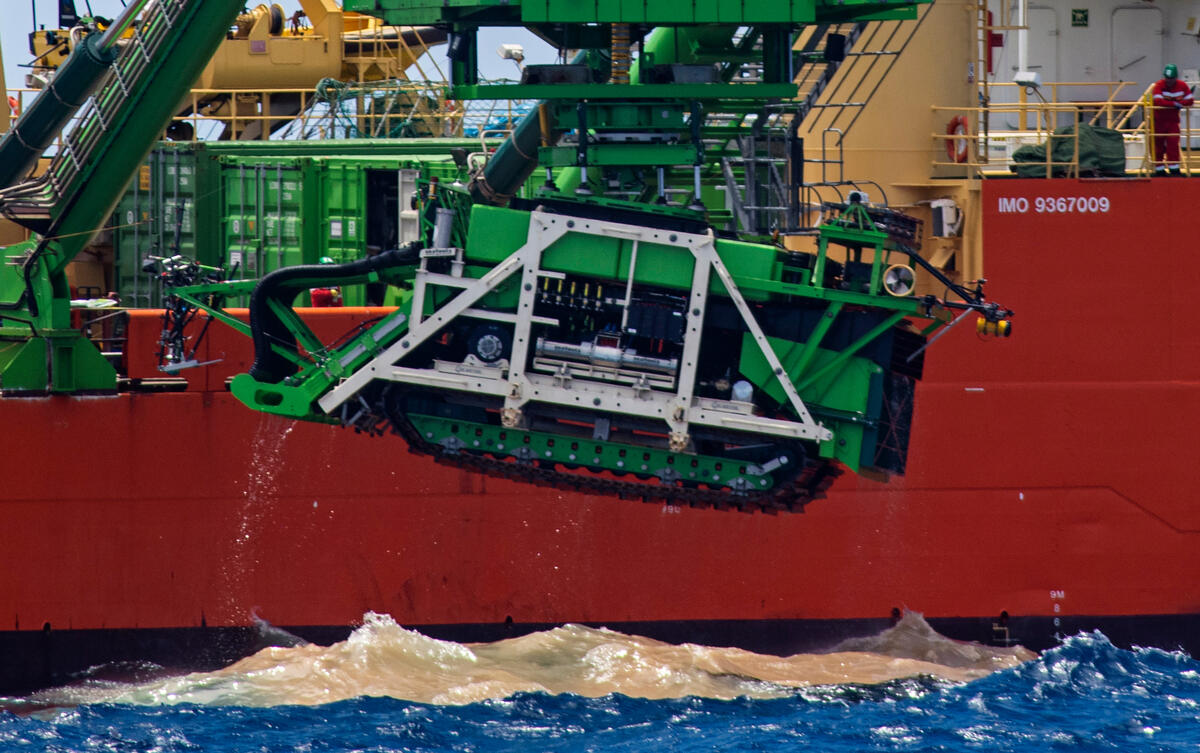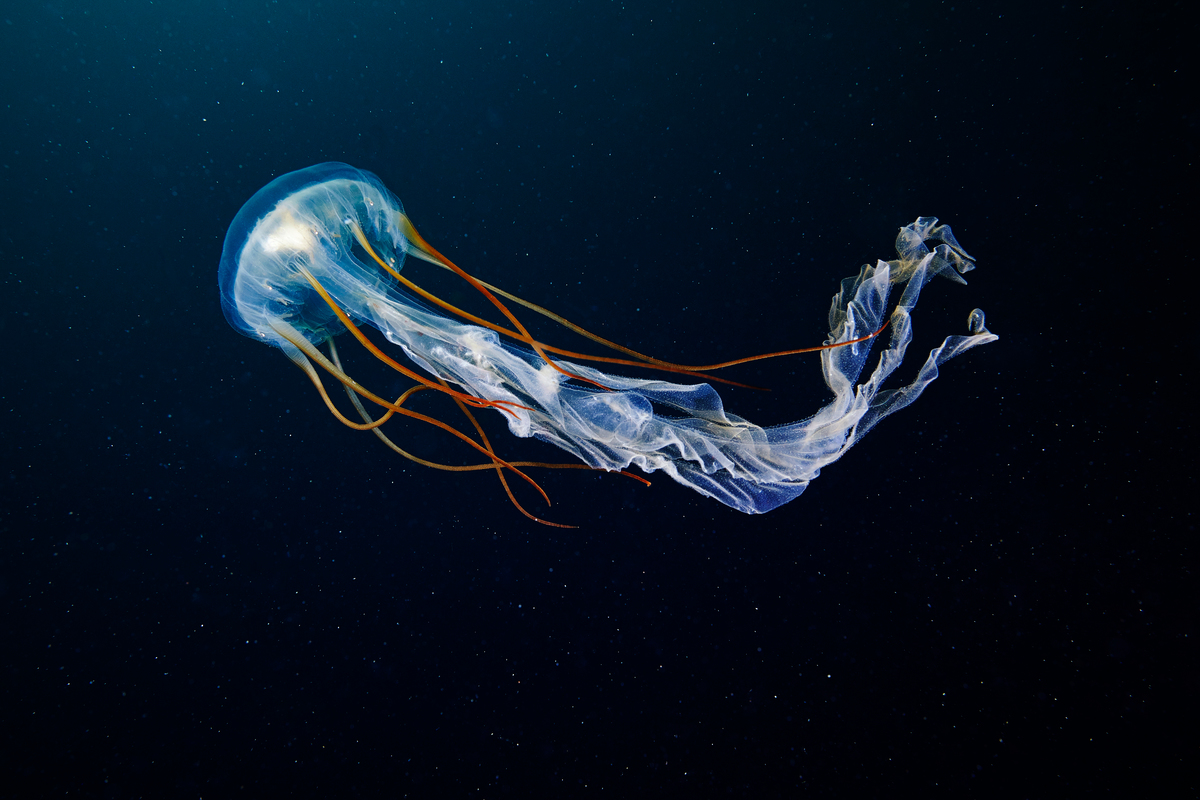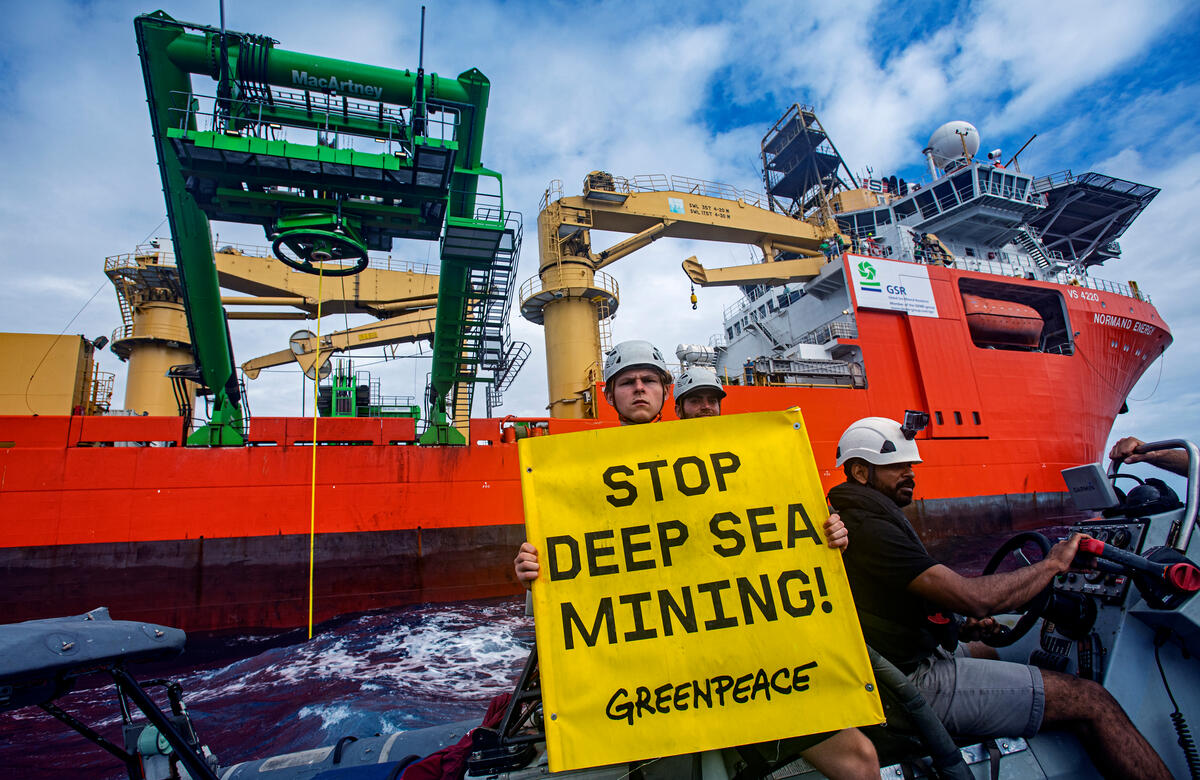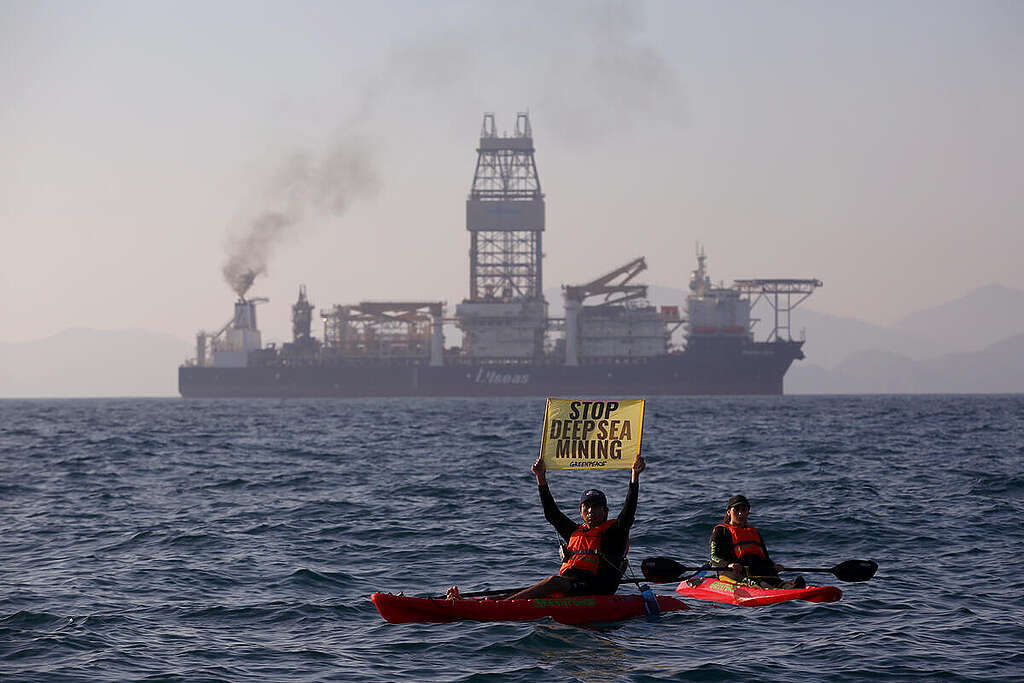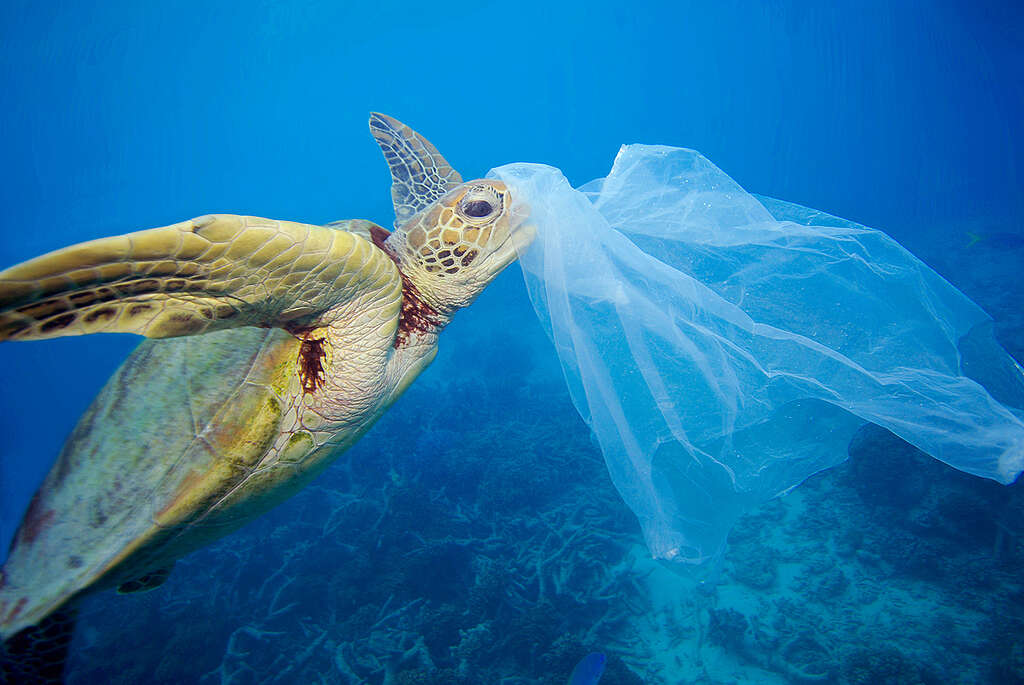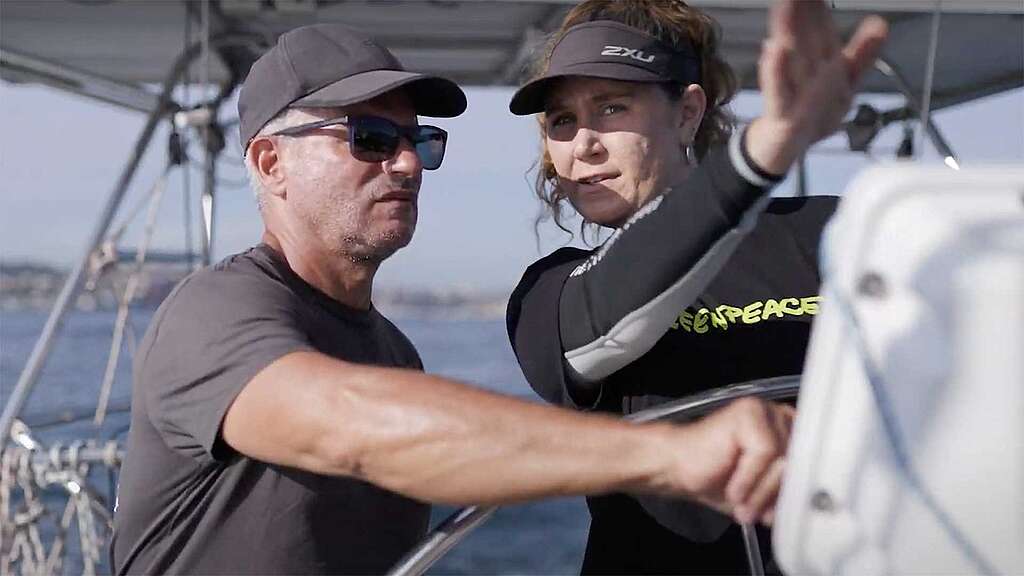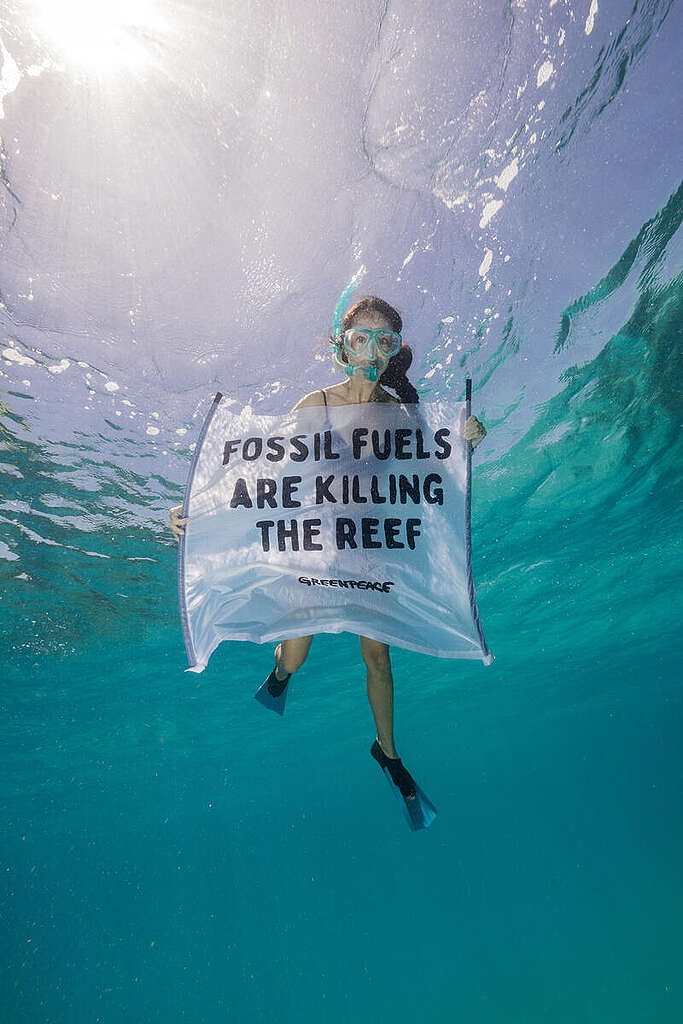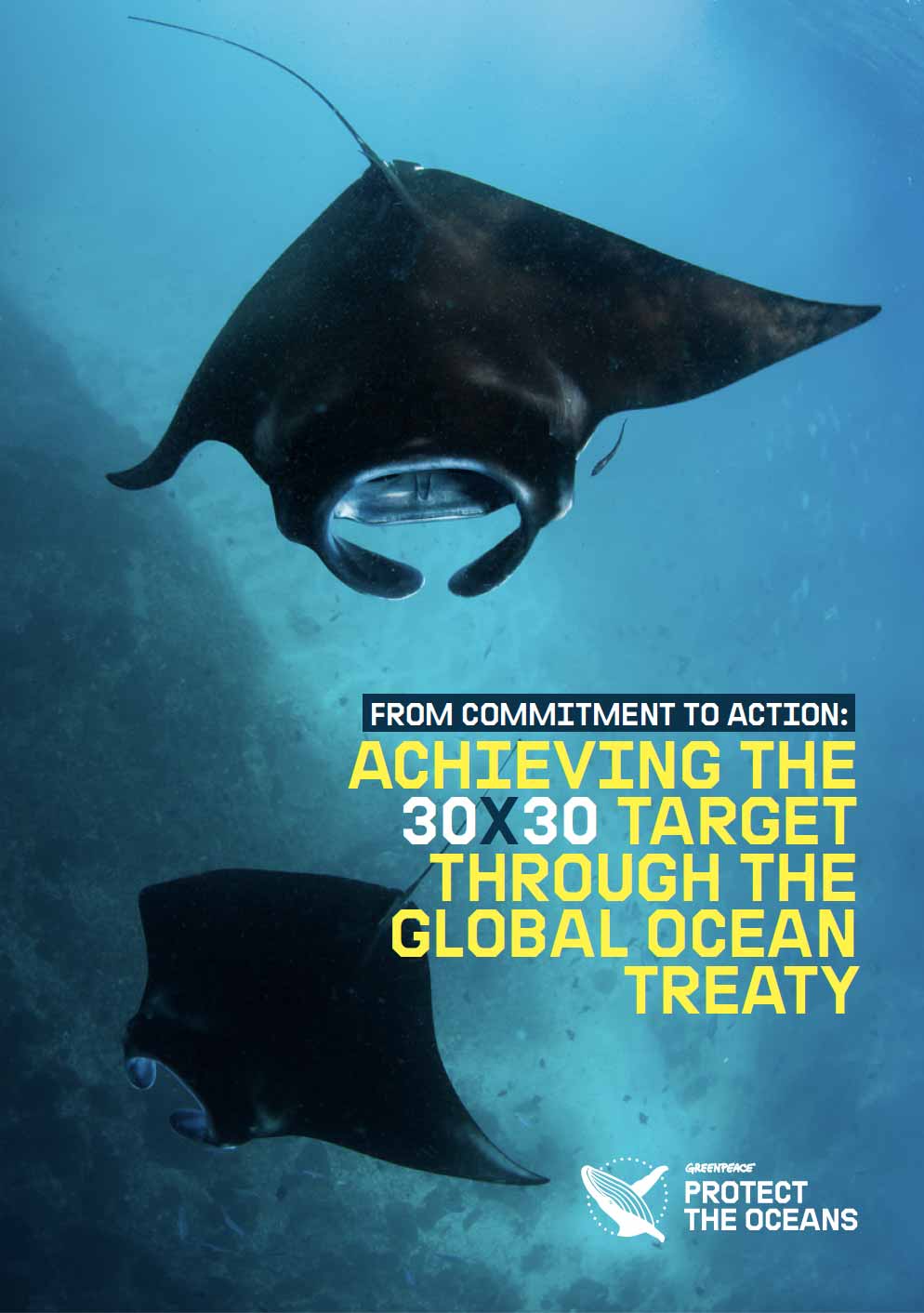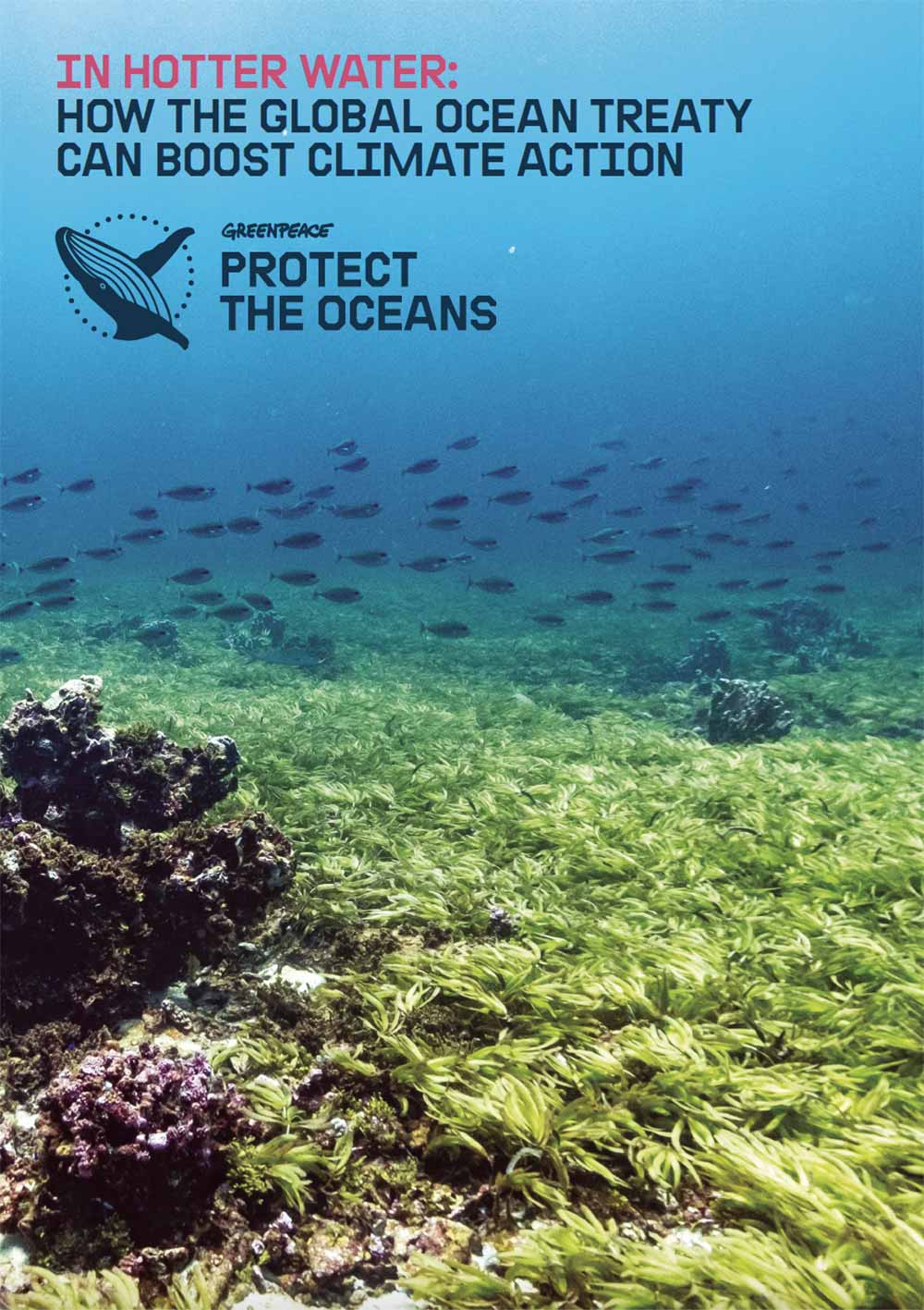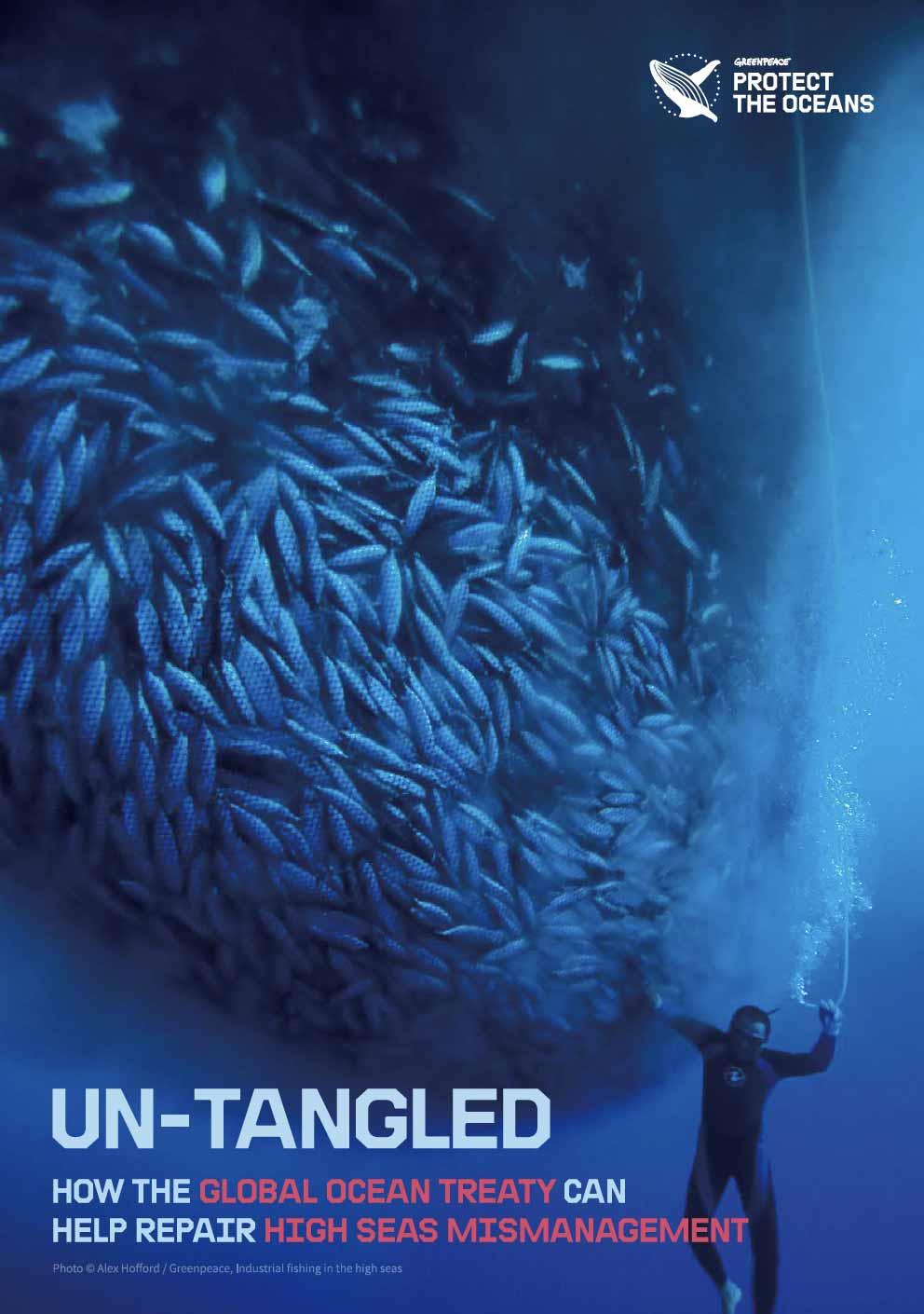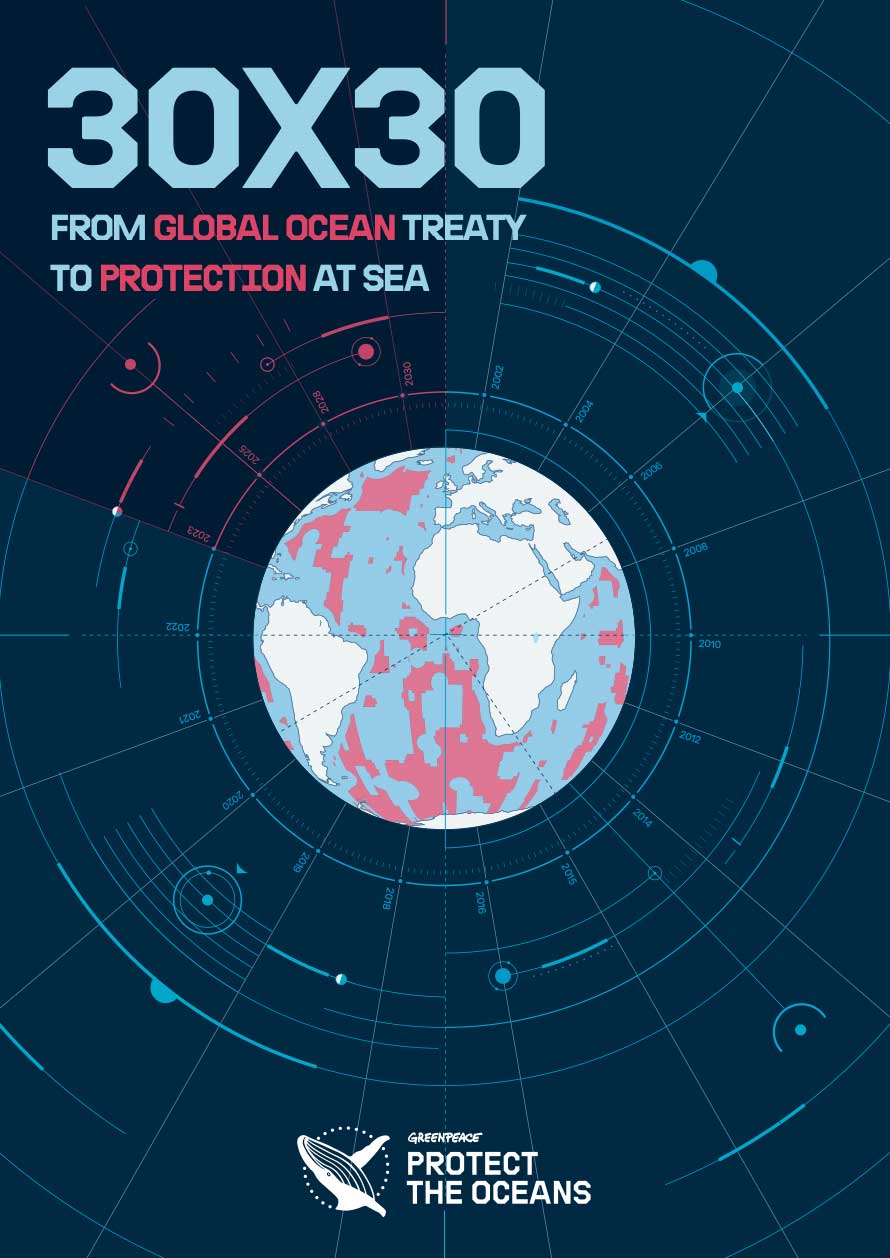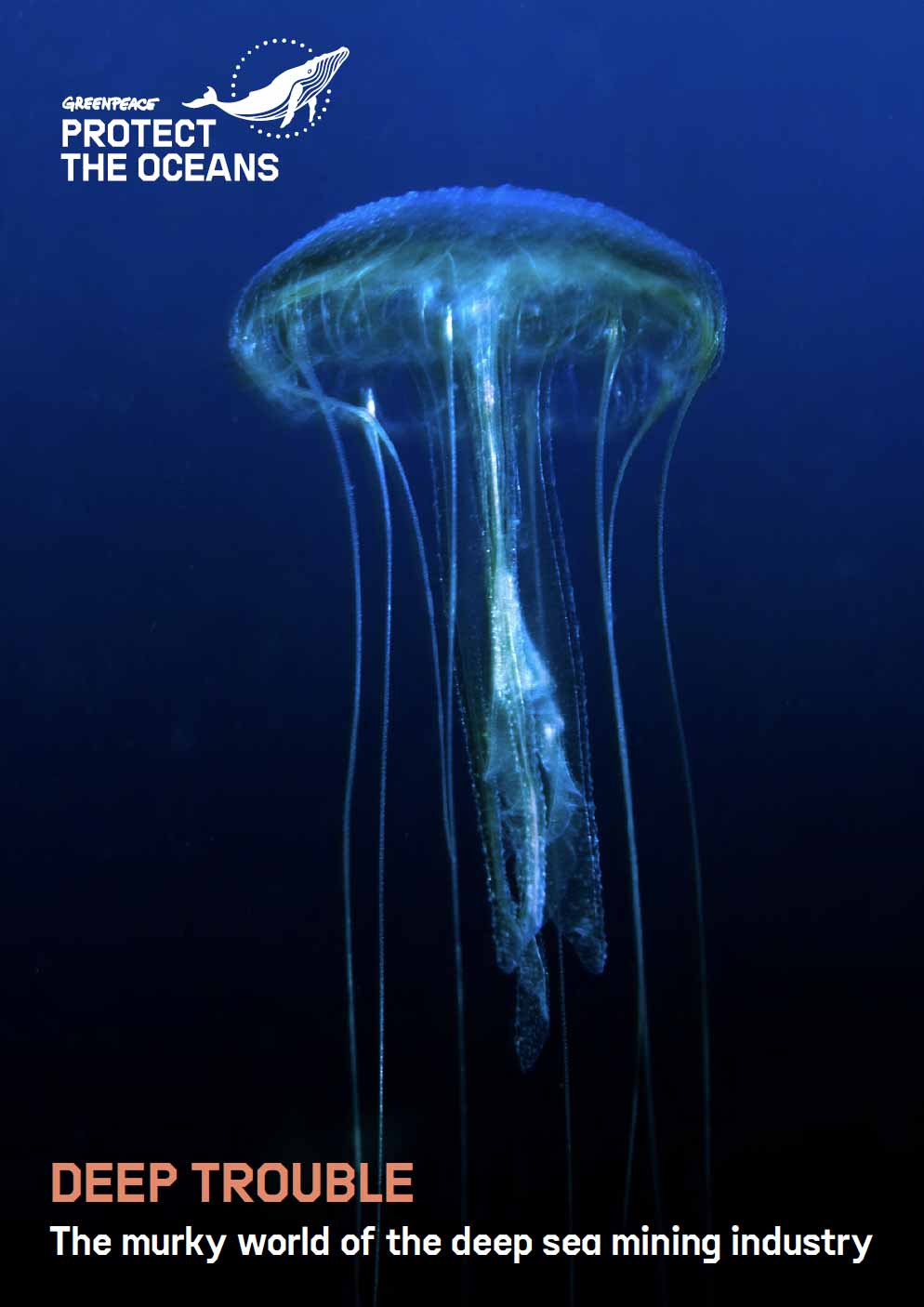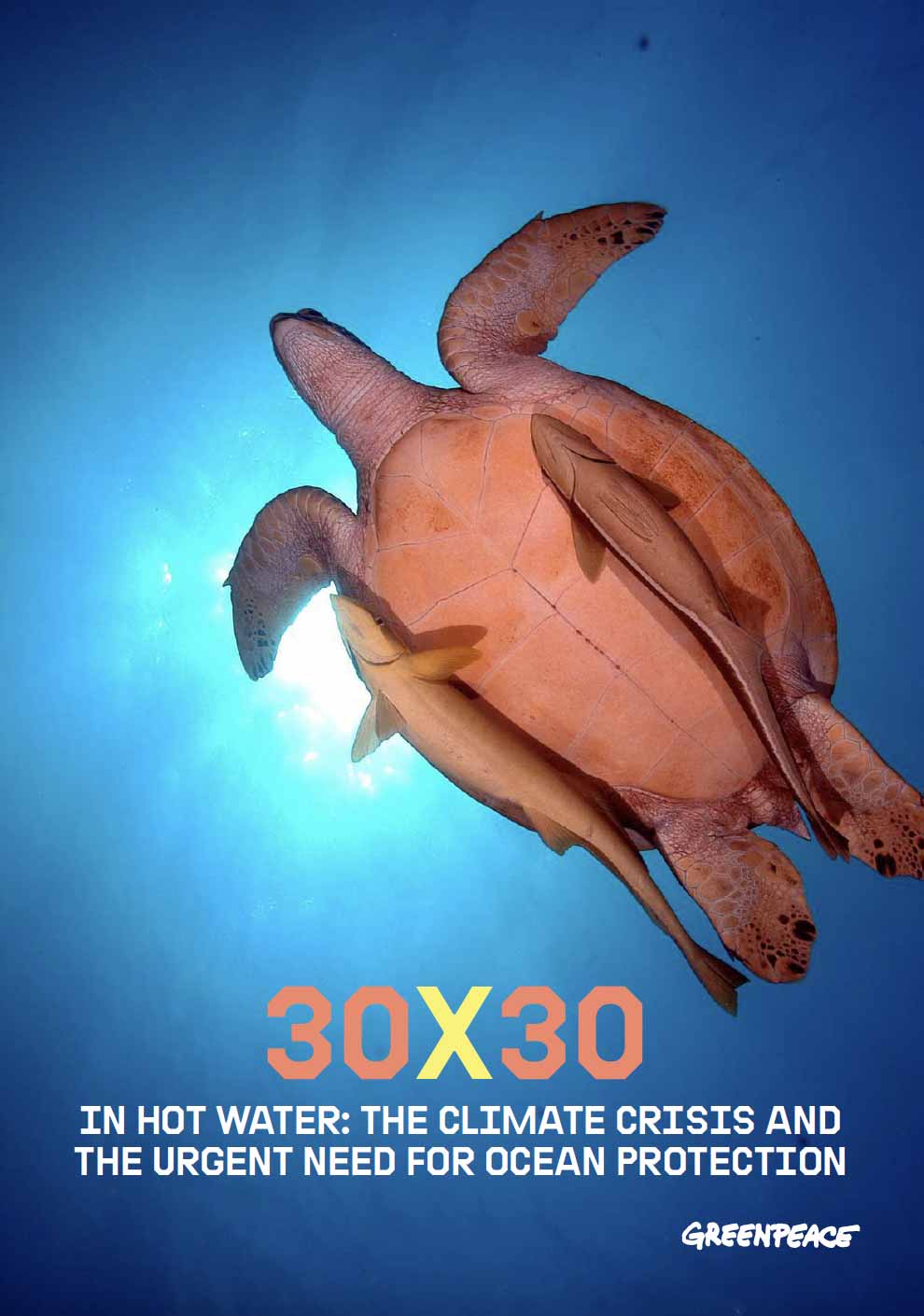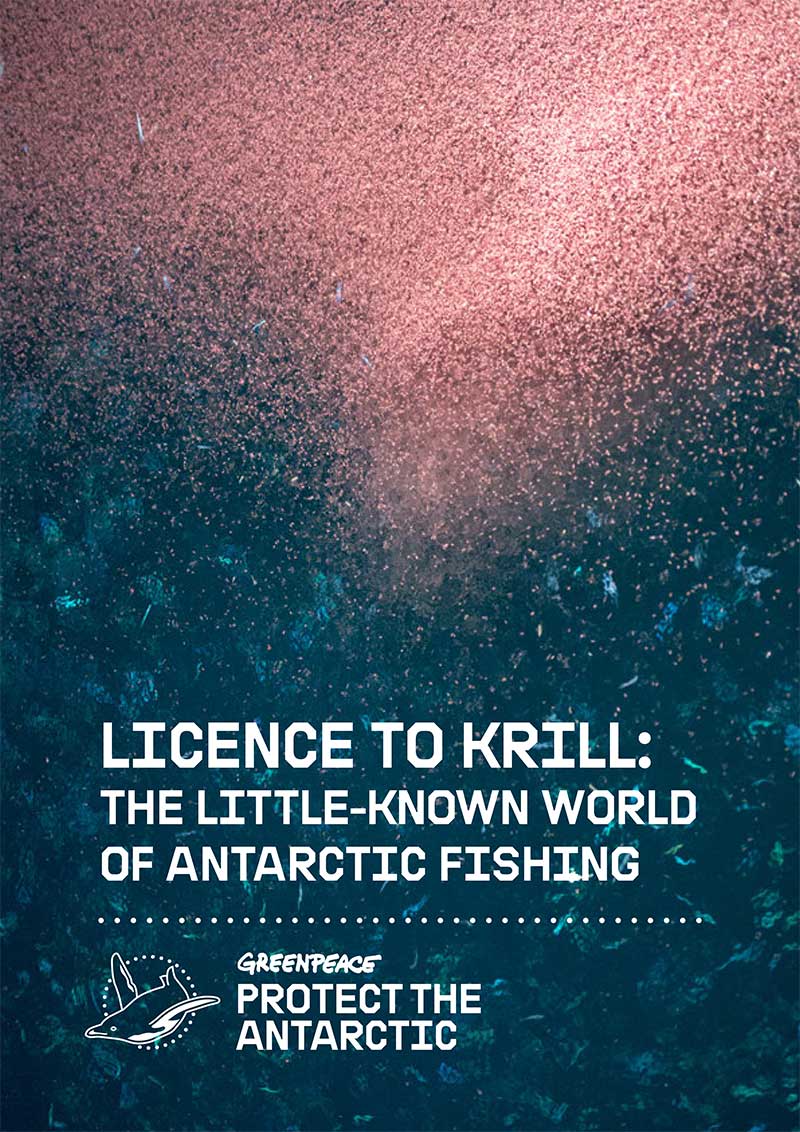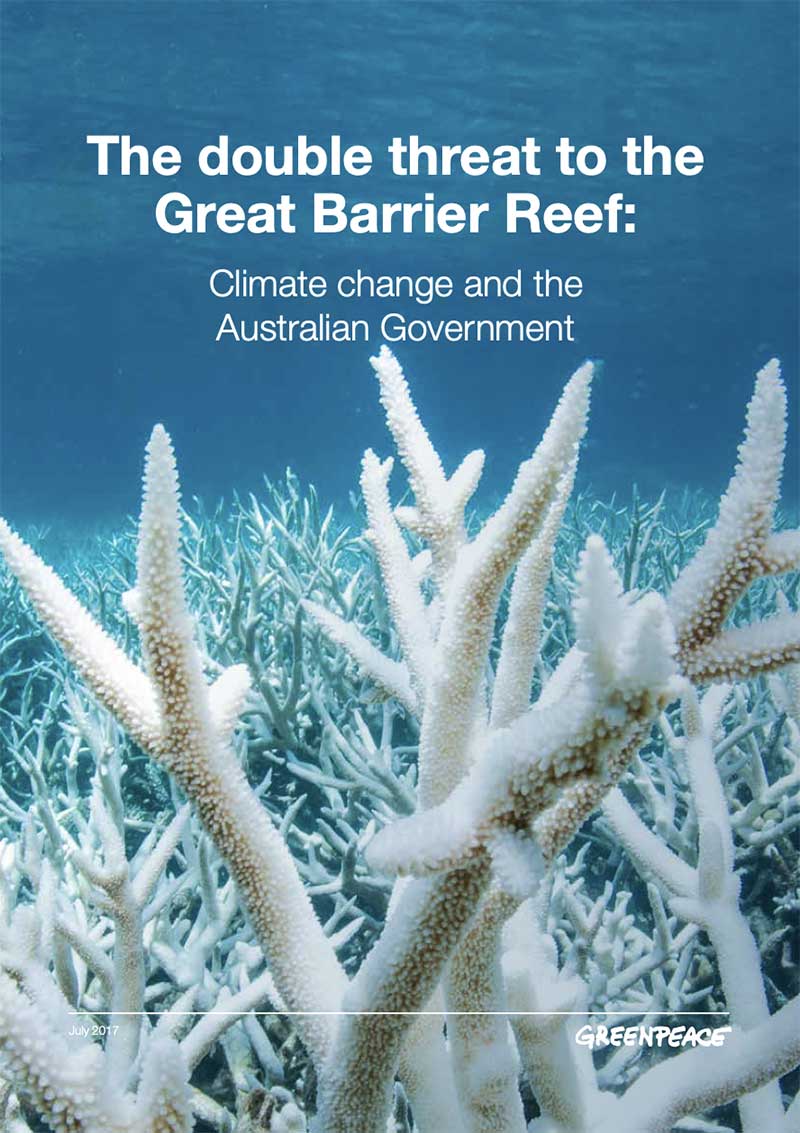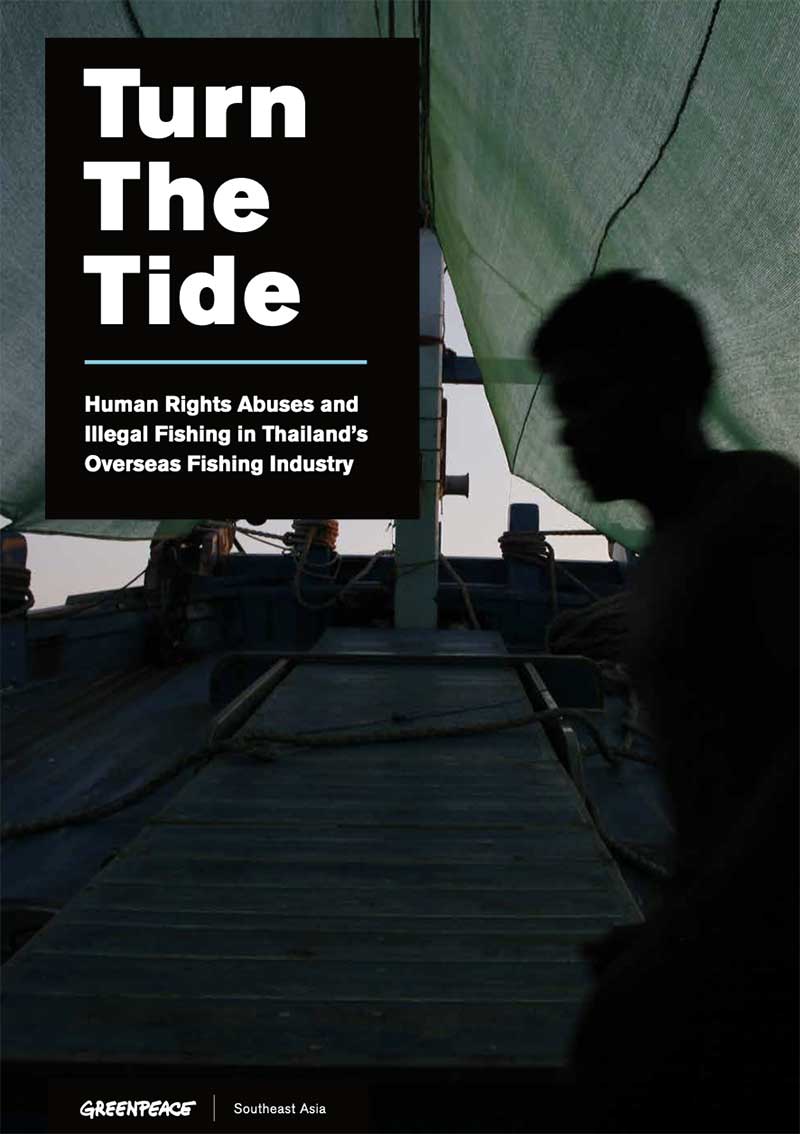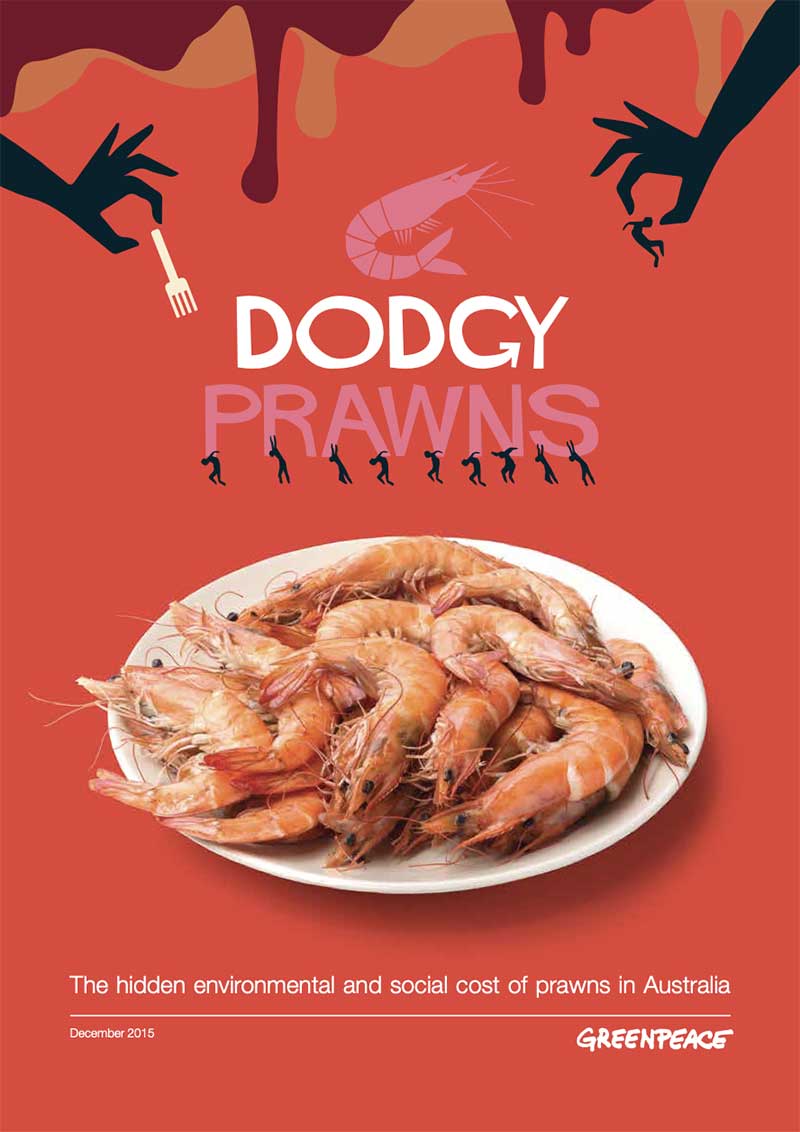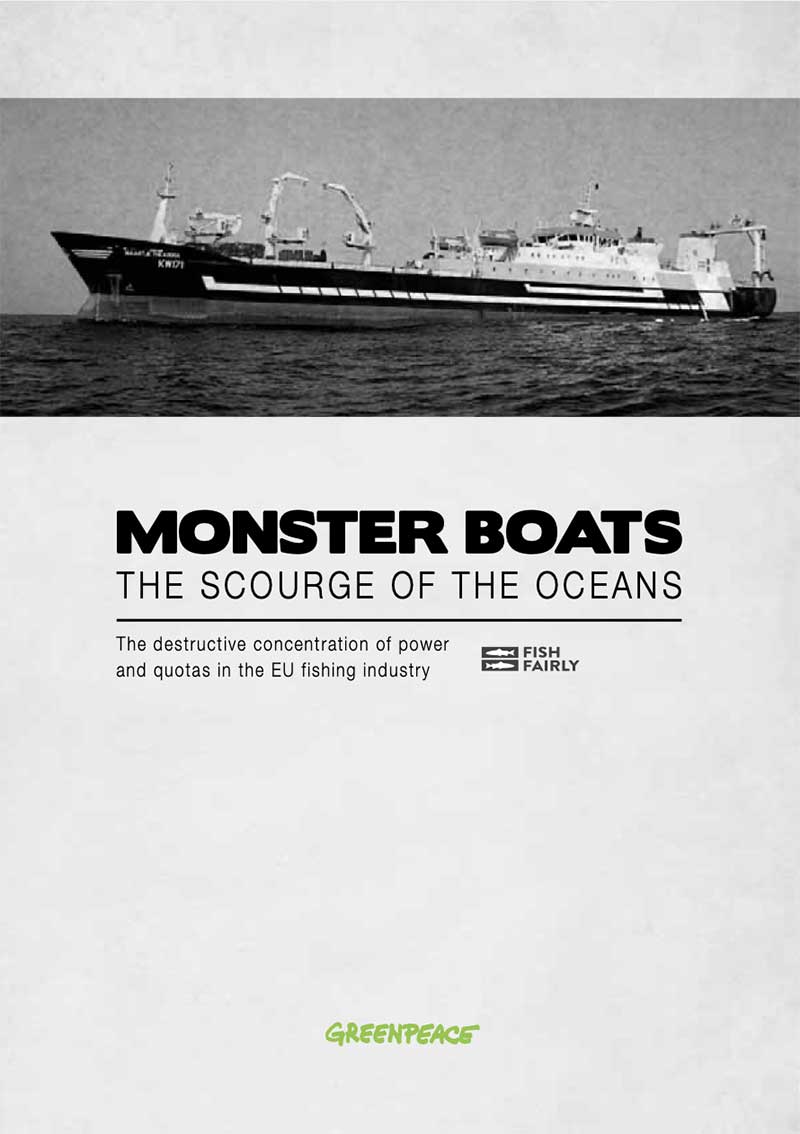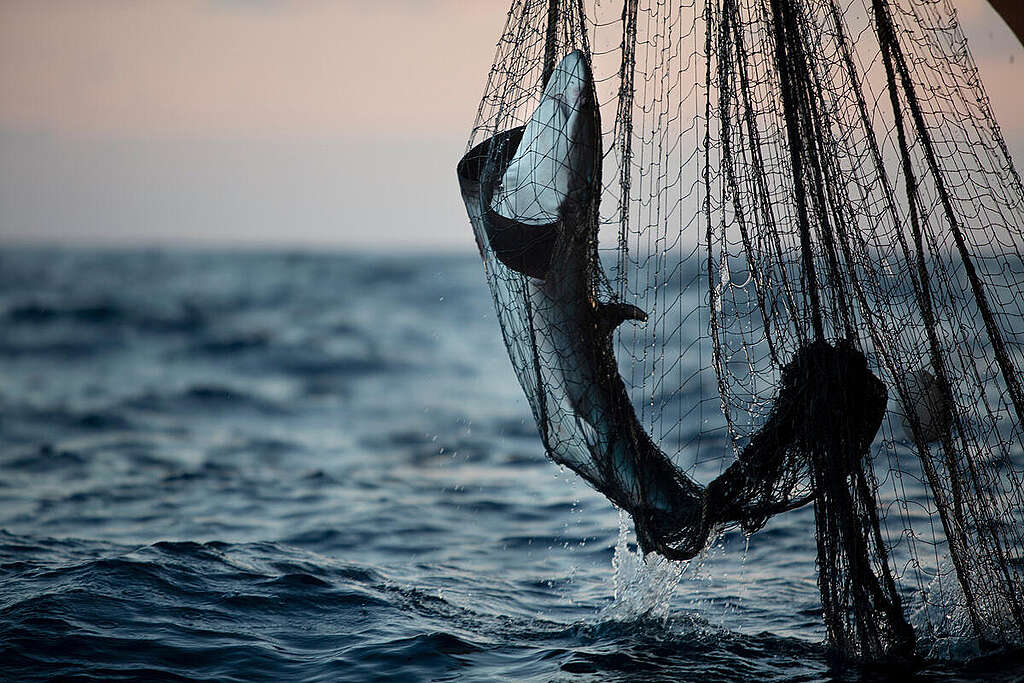
Global Ocean Treaty
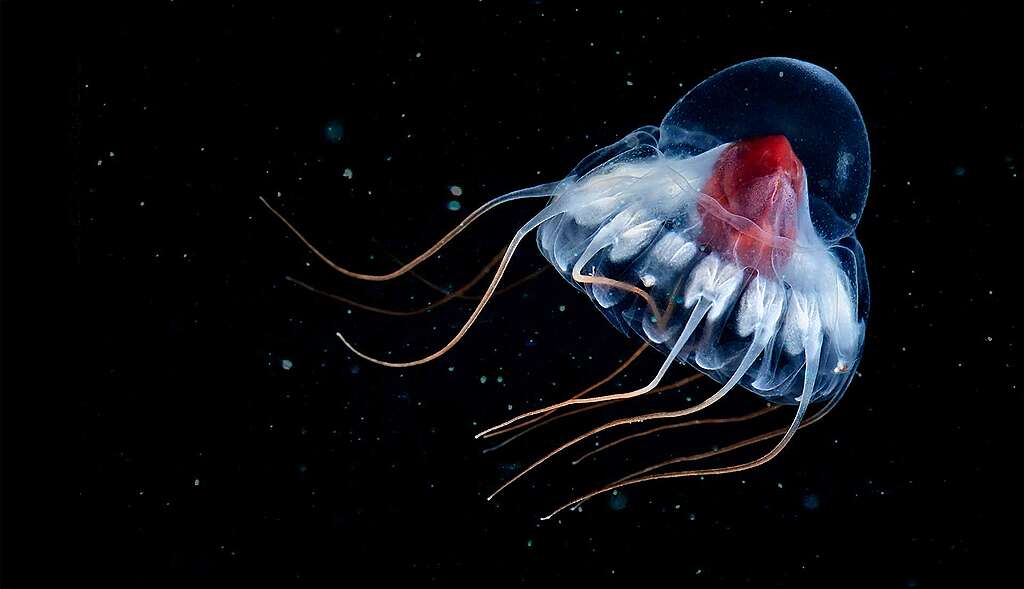
Deep Sea Mining
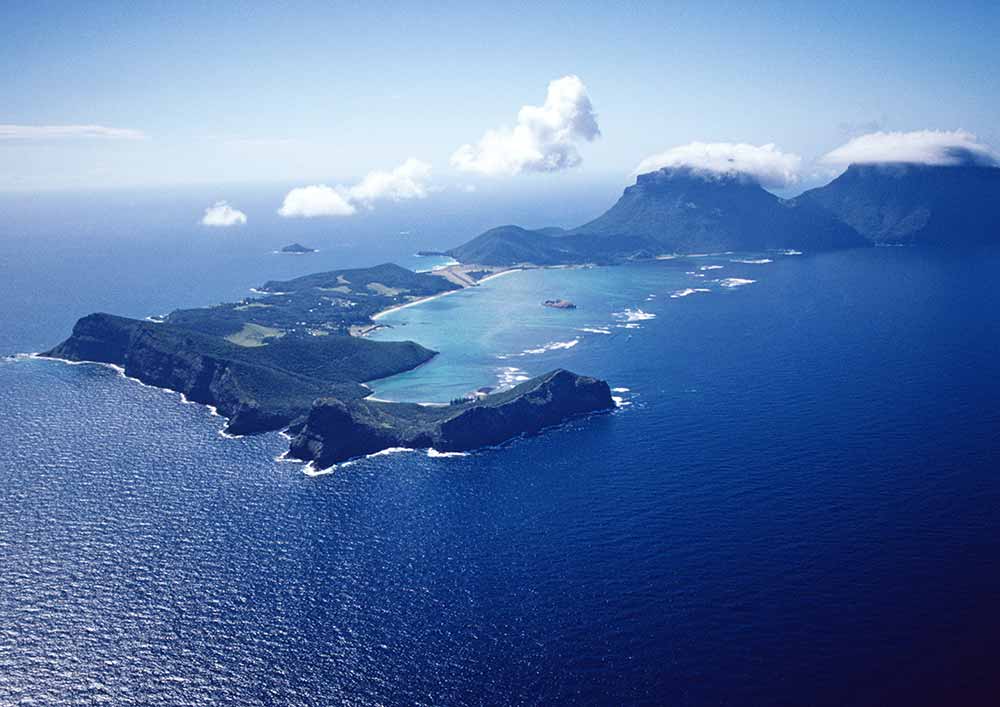
South Tasman
Marine Sanctuary
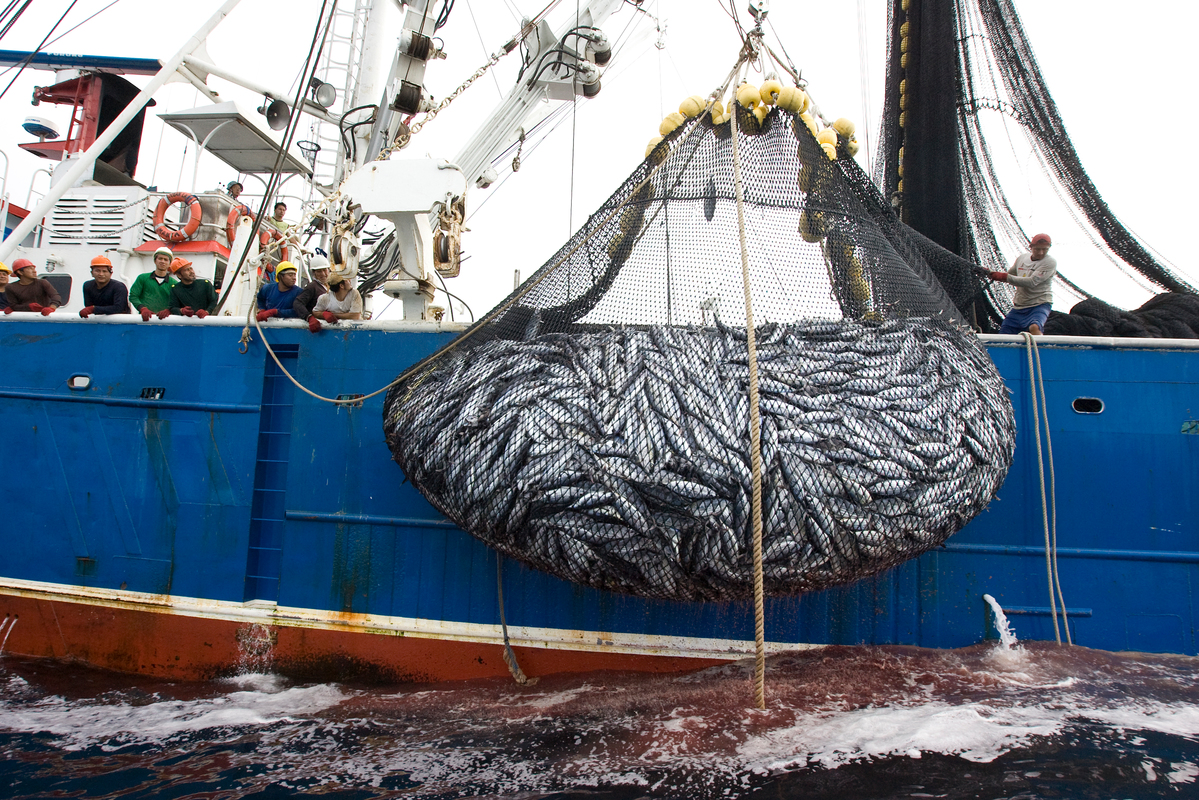
Sustainable Fishing
Protecting The Ocean
Oceans sustain life on our blue planet – but they’re under threat from climate change, industrial fishing, plastic pollution, and the looming threat of deep sea mining. Ocean protection can’t wait any longer.
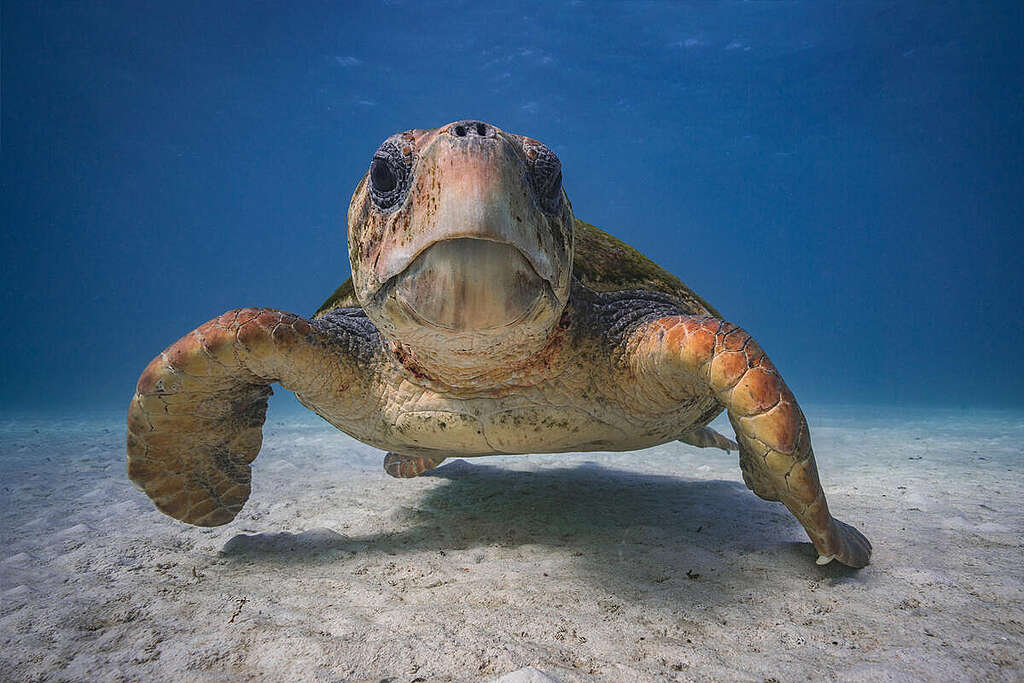
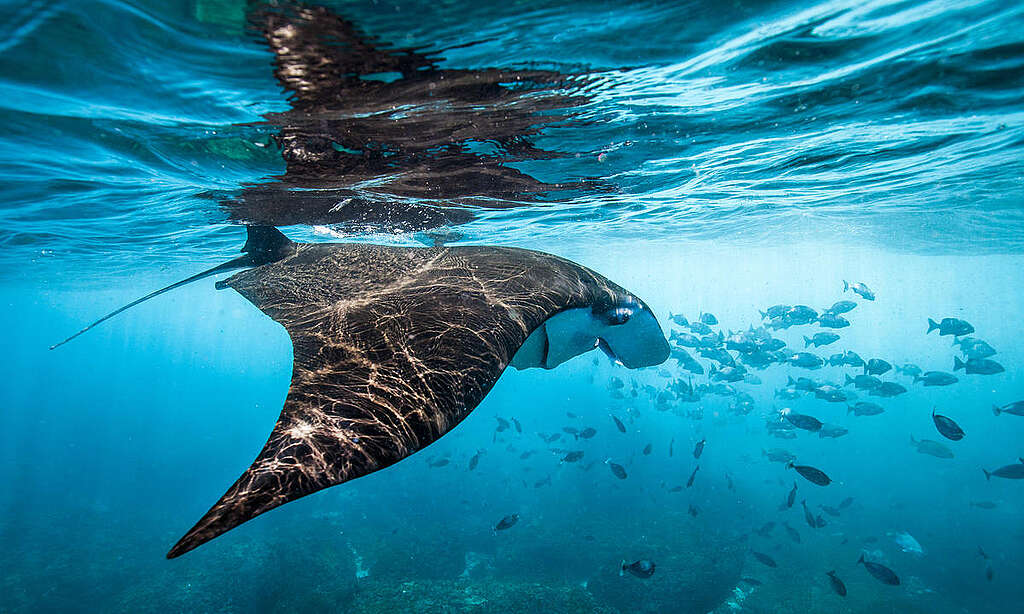
Sign our petition to call on the Australian government to urgently ratify the Global Oceans Treaty, and create a sanctuary for the South Tasman Sea and Lord Howe Rise.
Sign petition1%
How much of the High Seas is currently protected. We must increase this to 30% by 2030
50-75
trillion
The number of pieces of plastic in our oceans. By 2050, our oceans could have more plastic than fish
+5000
The number of species recently discovered in the Pacific, now under threat of extinction because of deep sea mining
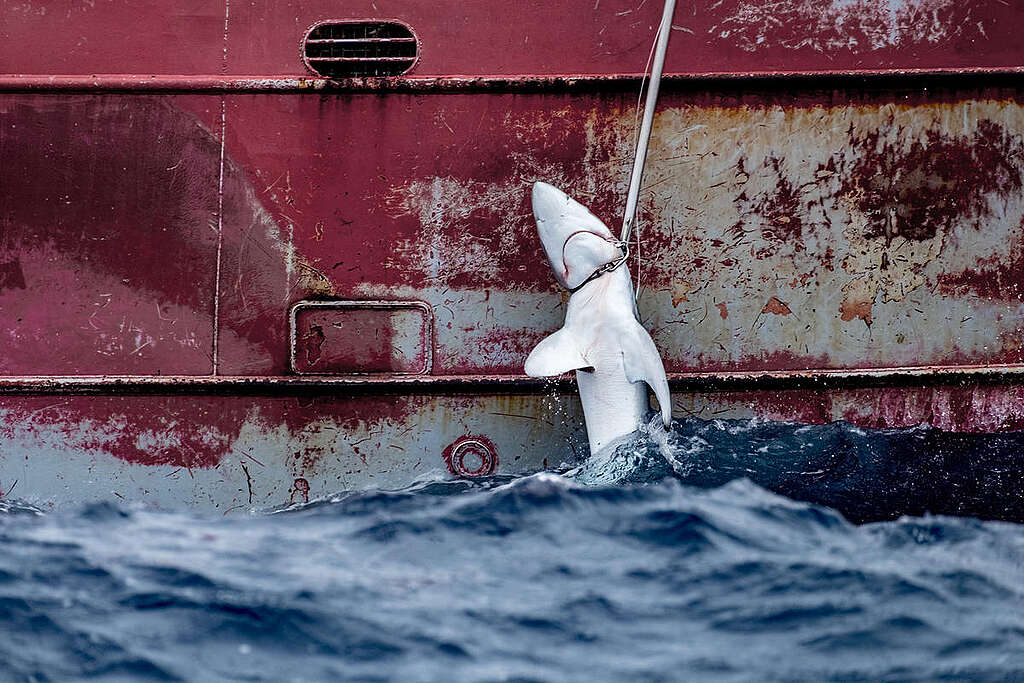
Why we need to protect our oceans
Oceans Are Life. Without the oceans, there is no life on this blue planet. They regulate our climate, provide for billions of people and are home to so much of this planet’s biodiversity.
From majestic whales to adorable octopuses, colourful coral reefs full of life to the vast mystery of the deep oceans where life has been evolving slowly for millions of years at its own pace untouched by human activity. The global oceans are the origin of life, the support system for life, and the common heritage of all humankind – but a few corporations and governments want to plunder them for profit and change the balance of their delicate ecosystems forever.
Centuries of industrial fishing, pollution, oil and gas drilling and much more have plunged the oceans into crisis. Factory fishing ships bulldoze deep sea habitats and kill marine life at an industrial scale. CO2 emissions driving the climate emergency are changing the very chemistry of our warming oceans. And a new threat, deep sea mining, looms large, threatening to wreck the deep oceans before we’ve even begun to properly understand them.
How is Greenpeace helping to protect our oceans?
Our global movement of millions of people have inspired governments around the world to support the Global Ocean Treaty, providing us with a powerful tool that can create vast ocean sanctuaries and protect our marine habitats.
By banning deep sea mining, we could stop a dangerous new threat to the oceans before it begins. Our momentum can make sure that deep sea mining is never allowed to start: we’ve put the brakes on the industry in 2023, and in the coming years we can stop it forever – protecting half the surface of the planet from extraction.
By creating ocean sanctuaries, we can give the oceans space to recover from centuries of neglect and the many threats currently facing them such as trawling, long lining, plastic pollution and climate change. Ocean sanctuaries covering 30% of the oceans by 2030 can ensure healthy oceans that allow marine life to thrive.
Harnessing the collective power of individuals and communities around the world, Greenpeace aims to secure long-term protections for marine ecosystems and ensure that our precious oceans remain vibrant and resilient for generations to come.
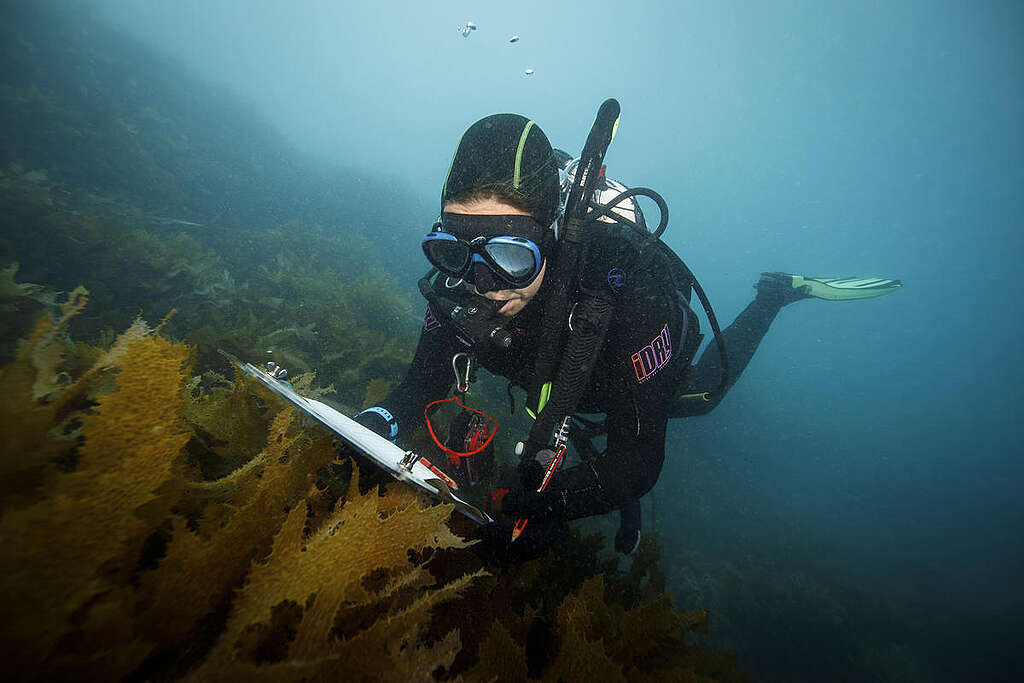
Your donation can help secure the future of our oceans
Our work is 100% funded by people like you. A regular donation, every 4 weeks is the most effective way to ensure we can fight daily to ensure world leaders act urgently to secure the future of our oceans and all life on Earth.
Learn more about our Oceans
Get involved
More about our oceans
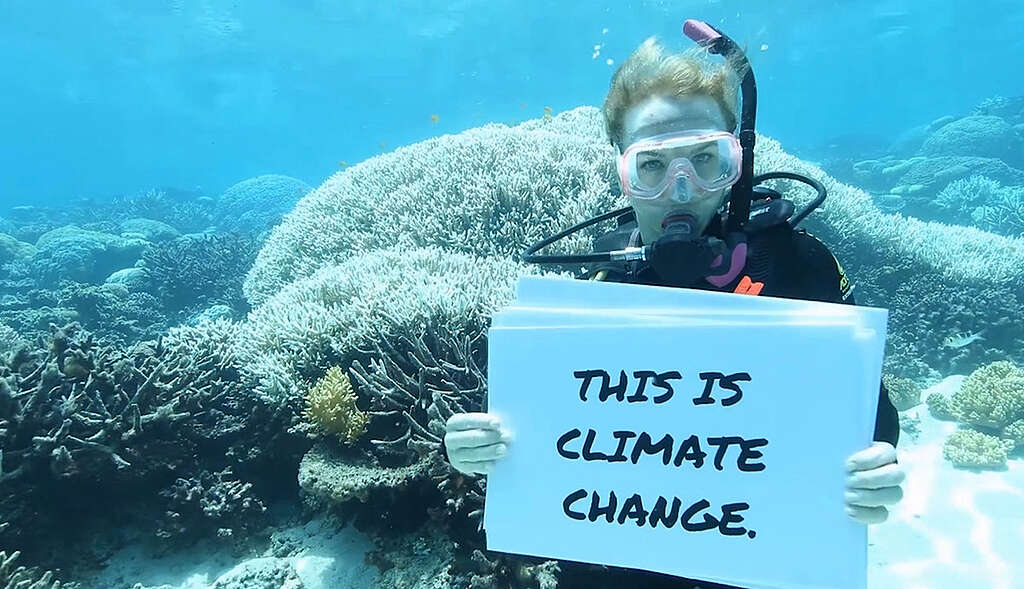
Great Barrier Reef
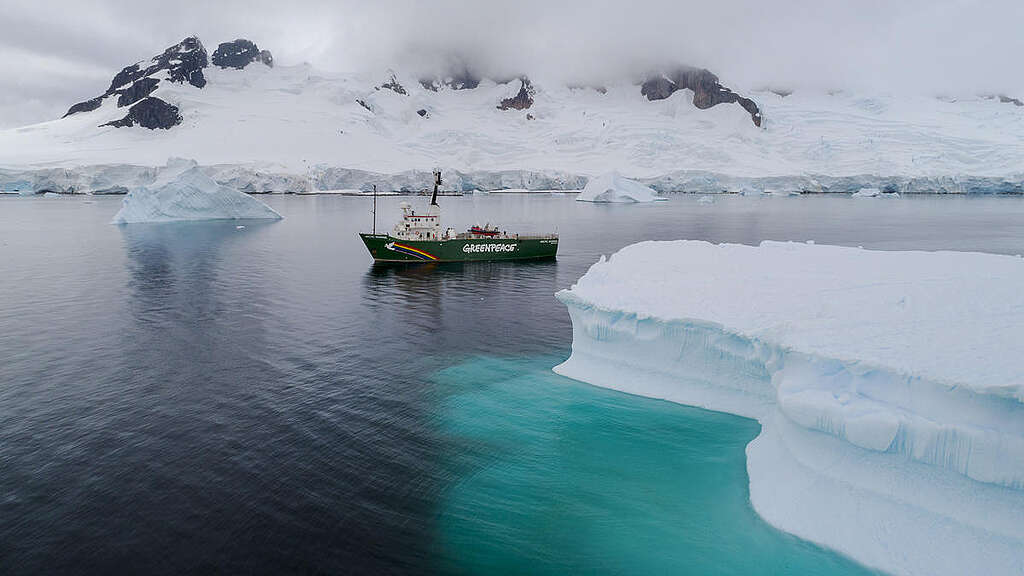
Antarctica
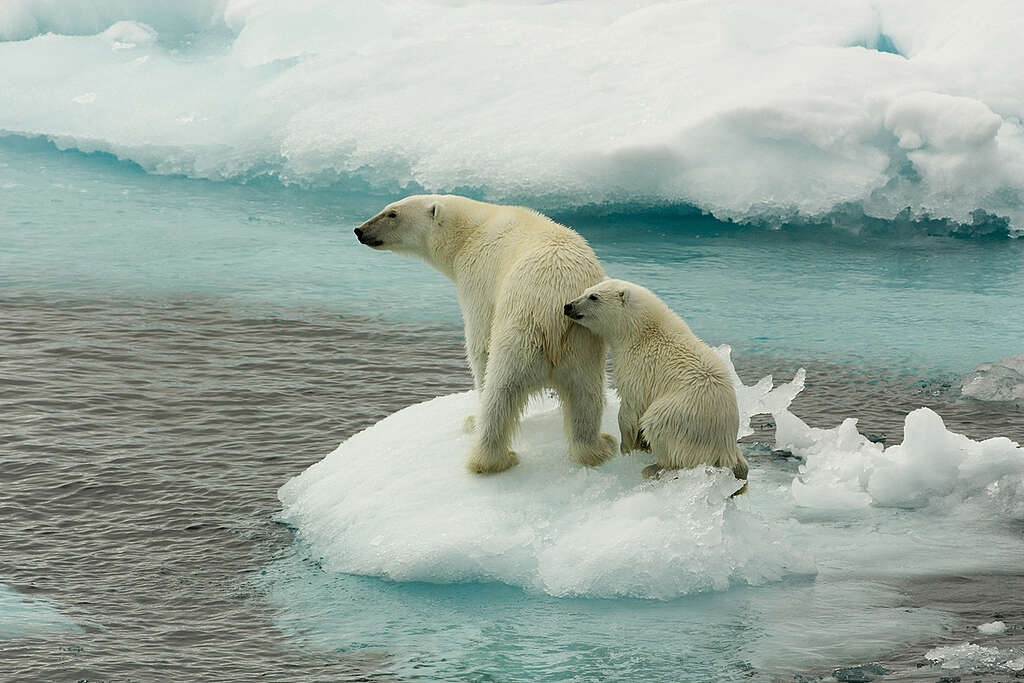
The Arctic
Keep informed
Together we are part of a growing, global movement determined to bring about the changes our planet desperately needs. Sign up to receive updates on our campaigns.

